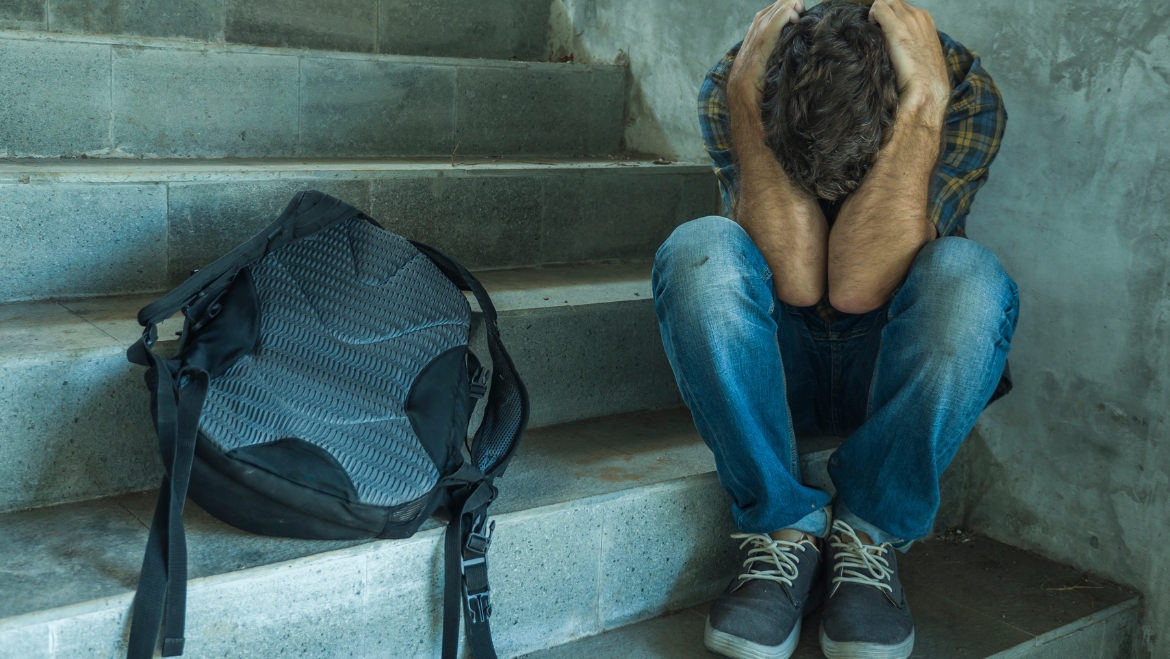Internalised Homophobia
Internalised homophobia is the term used to describe the way in which people grow up in an environment which promotes heterosexuality as the ‘correct way to be’ and therefore internalises this message to believe that there is something bad/wrong/disgusting/sinful about them. These messages can be both explicit and implicit and come from society, culture, religion, media and families. Witnessing and being subjected to prejudice, discrimination and negative depictions of LGBTQ+ people lead to destructive effects on our sense of self, fosters low self-esteem and distorts our perception of what’s acceptable.
There are infinite ways that homophobic experiences can be internalized and become part of the sense of self. Children grow up from an early age watching Disney movies where the perfect ending is a prince and princess getting married and living happily ever after. They have gone to school and heard the word ‘gay’ being used as an insult to get an easy laugh. They have heard stories of people being thrown out of their houses or exiled by their families. This list is, of course, not exhaustive. In fact, the key aspect of internalised homophobia is that it can manifest itself in a very wide range of ways:
- denying/ lack of acceptance of your sexual orientation to yourself and people around you
- actively trying to change your sexual orientation
- distancing yourself from LGBTQ+ people and expressing contempt for them. This can manifest in projecting prejudice and discrimination towards other target groups.
- Decreased self-confidence, anger, depressiveness, preoccupied filtering of your own behaviours so as not to “give yourself away.”
Internalised homophobia has its roots in heteronormative social attitudes: such as recurring inaccurate and harmful stereotypes, prejudice and discrimination in society. Even though its’ origins are from the environment and societal experiences, internalised homophobia can become self-generating and can develop and persist even when people are not going through direct prejudicial/discriminatory events. The homophobic views that are displayed in society become internalised and become part of their sense of self and identity. This, in turn, affects the individual’s ability to express their true identity.
Internalised homophobia has also been found to affect interpersonal relationships which applies to both romantic relationships and family and friendship connections. The feelings of shame, anxiety, worry and self-devaluation towards the self, end up being exhibited in interpersonal connections. This reduces the quality and pleasure of relationships. A lack of intimate relationships will then subsequently affect the individual’s sense of self. Thus, it is a vicious cycle…
Overcoming and tackling internalised homophobia is vital to developing a healthy self-concept and identity. Research has consistently shown, that by seeking out support from people in the same community, and becoming connected to their community, we can decrease the negative symptoms that internalised homophobia causes. Taking time to look inward and taking care of our emotional well-being can also contribute to finding a solution to the conflicting feelings that surround internalised homophobia. Furthermore, through therapy, the biological, psychological, social and cultural factors that have created the individual’s unhealthy self-concept can be explored and challenged. Unconscious or conscious thought processes and beliefs that feed into the unhelpful self-perception, can be identified, in the aim to change these.
While we wait for society to move out of the heteronormative narrative that it has consistently pushed, the best we can do is to surround ourselves with people that understand us; and begin to learn to love and accept ourselves, to counteract the self-rejection that characterises internalised homophobia.



Add Comment